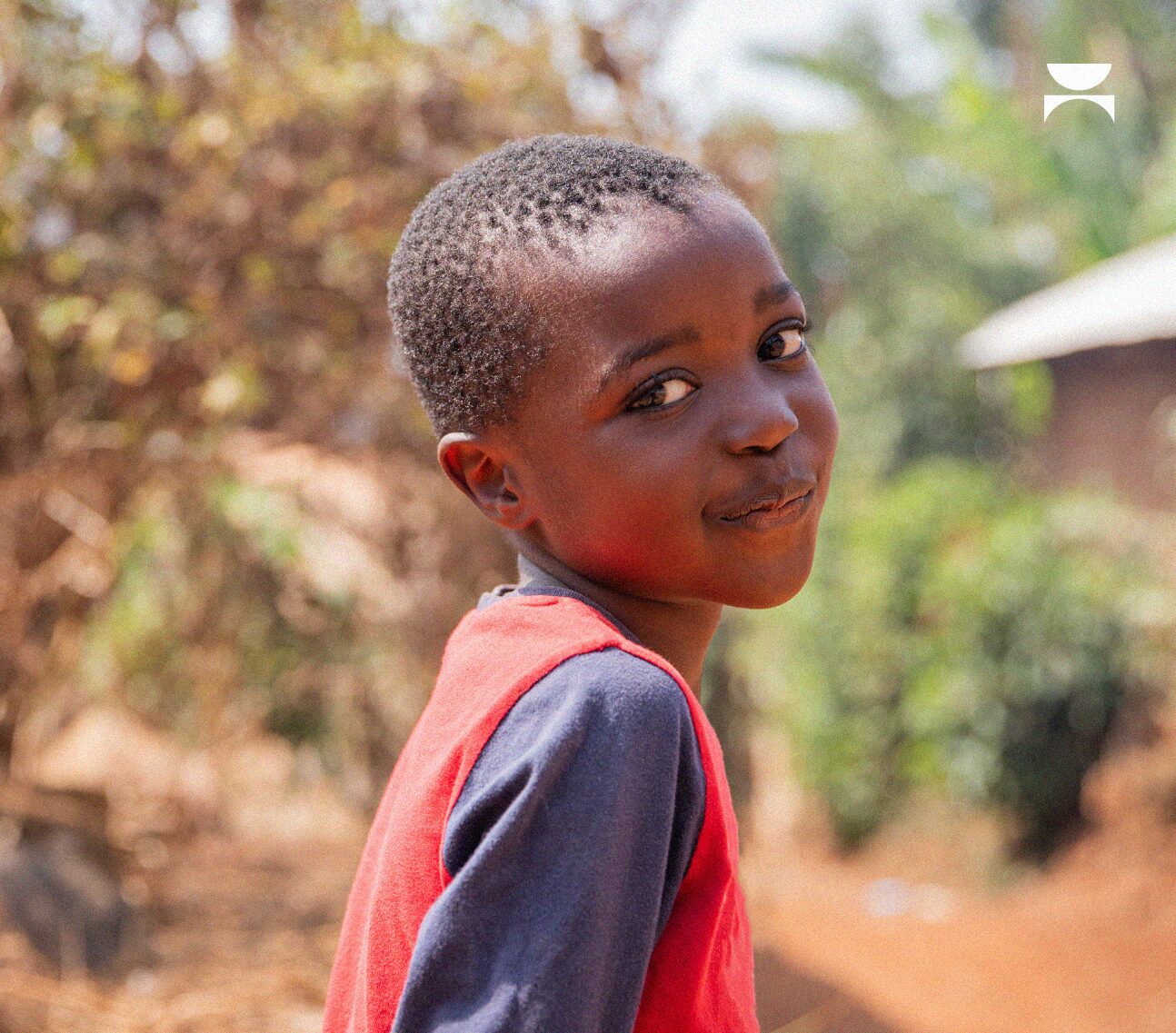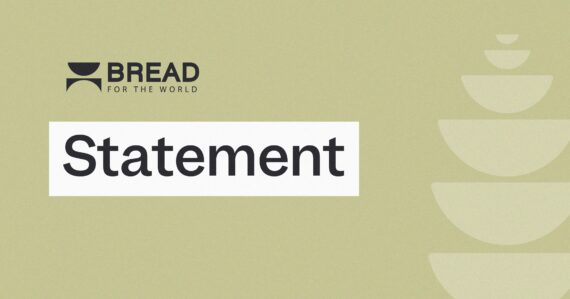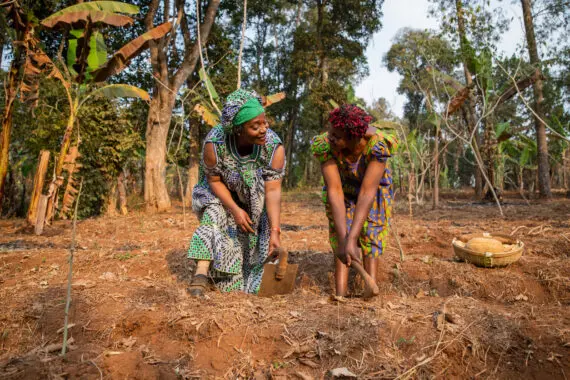“Why do you look for the living among the dead? He is not here; he has risen! Remember how he told you, while he was still with you in Galilee: ‘The Son of Man must be delivered over to the hands of sinners, be crucified and on the third day be raised again.’” – Luke 24:5-7

On Easter morning, we celebrate Jesus’ resurrection. It is often filled with pomp and circumstance with special music and decoration. But what was happening on that morning was actually quite different.
The disciples were gathered, likely fearful and confused about what they had seen. The person to whom they had pledged their lives has been brutally killed by the state in the most shameful way possible. And they disappeared into the crowds and reconvened to figure out what to do next.
Early that morning, the first of the week, after the sabbath, the women left the group and headed to the tomb with the spices that they have prepared only to find the stone rolled away and the body missing. We can only imagine what they were feeling—confused, afraid, angry, discouraged, devastated.
But those feelings aren’t unfamiliar to us, are they?
It is easy to feel confused, angry, afraid, discouraged, and devastated when we see devastating cuts to USAID funding and staff, budget proposals that cut funding to vital programs like SNAP and Medicaid, and executive orders that push the limits of our democracy.
We knew there were going to be challenges to our work and mission with this administration, but no one could have predicted what we have seen. Nicholas Kristof did some reporting from Sudan to explore the impacts of these cuts to crucial programs and found that despite Mr. Musk’s claims, that people were in fact dying from lack of access, particularly to HIV treatments distributed through the PEPFAR program.
Without American foreign aid an estimated:

- 1,650,000 people could die from HIV/AIDS
- 500,000 people could die from vaccine-preventable diseases
- 550,000 people could die from hunger and malnutrition
- 290,000 people could die from malaria
- 310,000 people could die from tuberculosis
- 190,000+ American jobs supporting U.S. foreign assistance programs lost.
Over the coming weeks, Congress will continue work on its budget reconciliation legislation.
It is easy to feel confused, angry, afraid, or discouraged when we see devastating cuts to international hunger and humanitarian programs at USAID and the State Department, and budget proposals and rhetoric that recommend cutting vital domestic assistance programs such as SNAP and Medicaid and programs at the Department of Health and Human Services.
It is important to acknowledge our feelings, to let them move through us so that they don’t drive our behavior. But what did the angels say to the women in Luke 24?
“Why do you look for the living among the dead? He is not here; he has risen! Remember how he told you, while he was still with you in Galilee: ‘The Son of Man must be delivered over to the hands of sinners, be crucified and on the third day be raised again.’”
He reminds them that God is not done yet. This is not the end.
So, they get up and go to the rest of the disciples and share the news of Jesus’ resurrection.
This is just as true for us as it was for the women at Jesus’ empty tomb. Be encouraged. This is not the end. God is not yet done.

This is the message I have been sharing again and again. This is not the end. Conversations are happening about reimagining some sort of reconstruction of life saving assistance and humanitarian aid. Bread is at these tables and in these conversations.
Just like the women and the disciples gathered together after Jesus’ death, we too are not alone. We are together. For 50 years, Bread for the World has been a diverse movement of Christians of all theological streams, working across the political spectrum, partnering ecumenically and with interfaith bodies that believe it is possible to end hunger in our nation and world.

We are not alone as we are working alongside people like Barbara Clawson who has been a Bread member for 42 years. Our founder, Art Simon called her “…a doer, one whose call to hunger ministries was shaped by her international experiences.” Her mission and ministry work overseas led her to champion the Offerings of Letters in her church. And when Barbara moved to a retirement community she began leading OLs there too. She’s been to Lobby Day numerous times and is a member of the North Carolina Bread Team.
We are not alone as we are working alongside a Bread supporter I met on a recent visit to Florida where I met with a group of church leaders organized by a woman who leads offerings of letters in her church and believes in the work of advocacy so much that she has been working with local churches to encourage them to do OLs also.
We are not alone as we have been working with partner organizations that implement relief and development programs internationally to convene a prayer vigil on Capitol Hill to pray for those who are suffering from cuts to USAID programming and to call on members of Congress to ensure that these lifesaving programs get restored.
We are not alone working with activist leaders around the country to launch our Nourish Our Future campaign even in the midst of so much happening in Washington, D.C. At that event we brought together over 150 people in the Capitol Visitors Center and over 1200 people online to hear stories of people who struggle to find access to nutritious food in the U.S. and around the world. We came together to hear from Members of Congress across parties who are using their voices to ensure access to nutritious food for all of our children.
We are not alone on this mission. We can find hope in joining together to seek a world without hunger!




